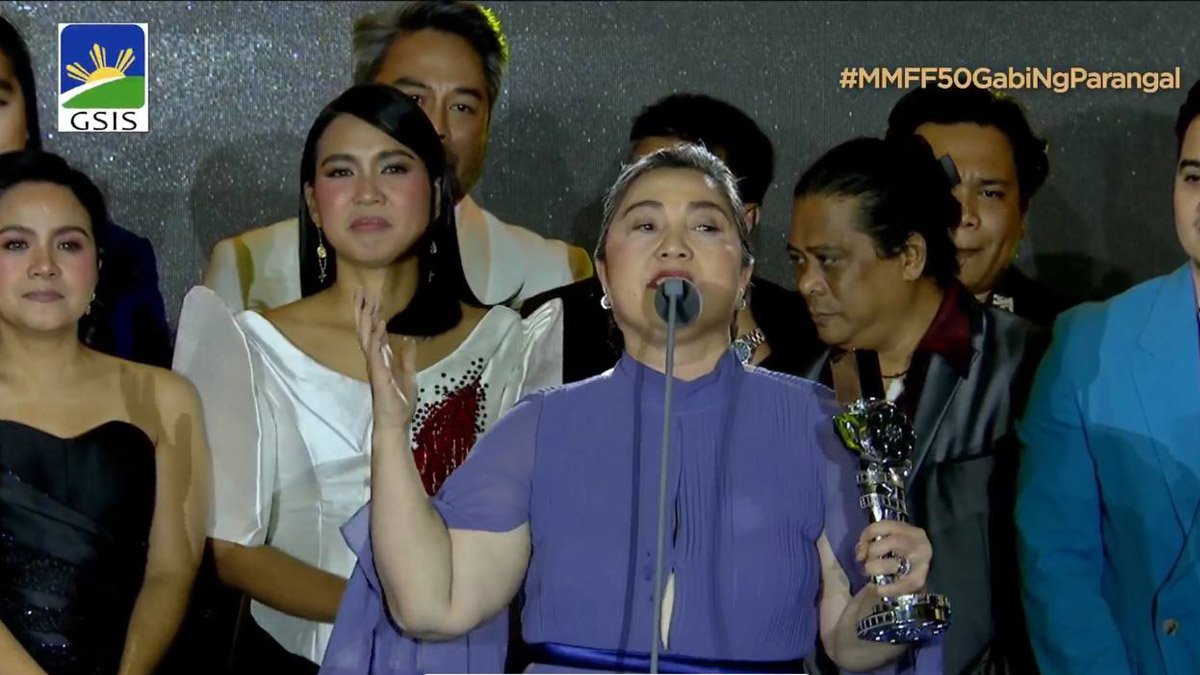How ‘When Life Gives You Tangerines’ Serves as a Love Letter for Our Parents

While viewers swoon over the chemistry between the lead stars, the story’s true power lies beneath its filial meanings. The Korean series ‘When Life Gives You Tangerines’ makes us understand better our parents, their love, and their silent struggles.

The series introduced us to Yang Gwan-Sik, played by Park Bo Gum and later by Park Hae-Joon, a devoted husband and delicate father. While Oh Ae-Sun, played by IU and later by Moon So-Ri, is a mother whose life has been full of struggles. Both deeply loved their family amidst tribulations.
Universal themes
Beyond its romantic allure, it serves as a love letter to the often-unsung heroes of our lives— our parents. Through the characters of Ae-soon and Gwan-Sik, the series unveils the complexities of parenthood, painting a portrait that transcends cultural boundaries.

Like Korea, the Philippines is deeply connected by the way it greatly values family relations. The way the story portrays our parents embodying resilience and sacrifice makes it a perfect hook for both Filipino and Korean viewers.
The characters’ journey, filled with unspoken sacrifices and unwavering devotion, reflects the universal language of parental love, a language often spoken in quiet acts of service.
In the series, Jeju Island’s vibrant tangerines and the gentle rhythm of its sea become a metaphor for the enduring sweetness and subtle strength of a parent’s heart. It symbolizes how the love shared by a parent and a child strengthens and endures through life’s storms.
Silent sacrifices
By delicately peeling back the hidden battles of the characters, the series opened a new quest for its viewers: understanding our parents. It illustrated how many parents are compelled to defer their dreams, carry burdens, and set aside themselves.

Each episode, carefully crafted, weaves a narrative thread that intimately connects viewers to the lives of Ae-Sun, Gwan-Sik, and their families, prompting reflection on our own relationships.
‘When Life Gives You Tangerines’ does not shy away from portraying the raw, unfiltered moments of our parents’ lives, moments of exhaustion, frustration, and quiet despair. Scenes many Filipinos do not openly talk about at their dinner tables.

Bridging gaps
The way the story further explored the topic reminds us to cherish the moments, both big and small, shared with our parents. Like in our old love letters we probably once wrote as children, the series encourages us to express our love to our parents. Its main message serves as a gentle nudge to bridge the gap between generations.
After season one’s end, the story leaves viewers with a lingering sense of warmth, gratitude, and a more gentle form of love. As many viewers described, it was a theatrical experience of our journey towards personal reflection.









